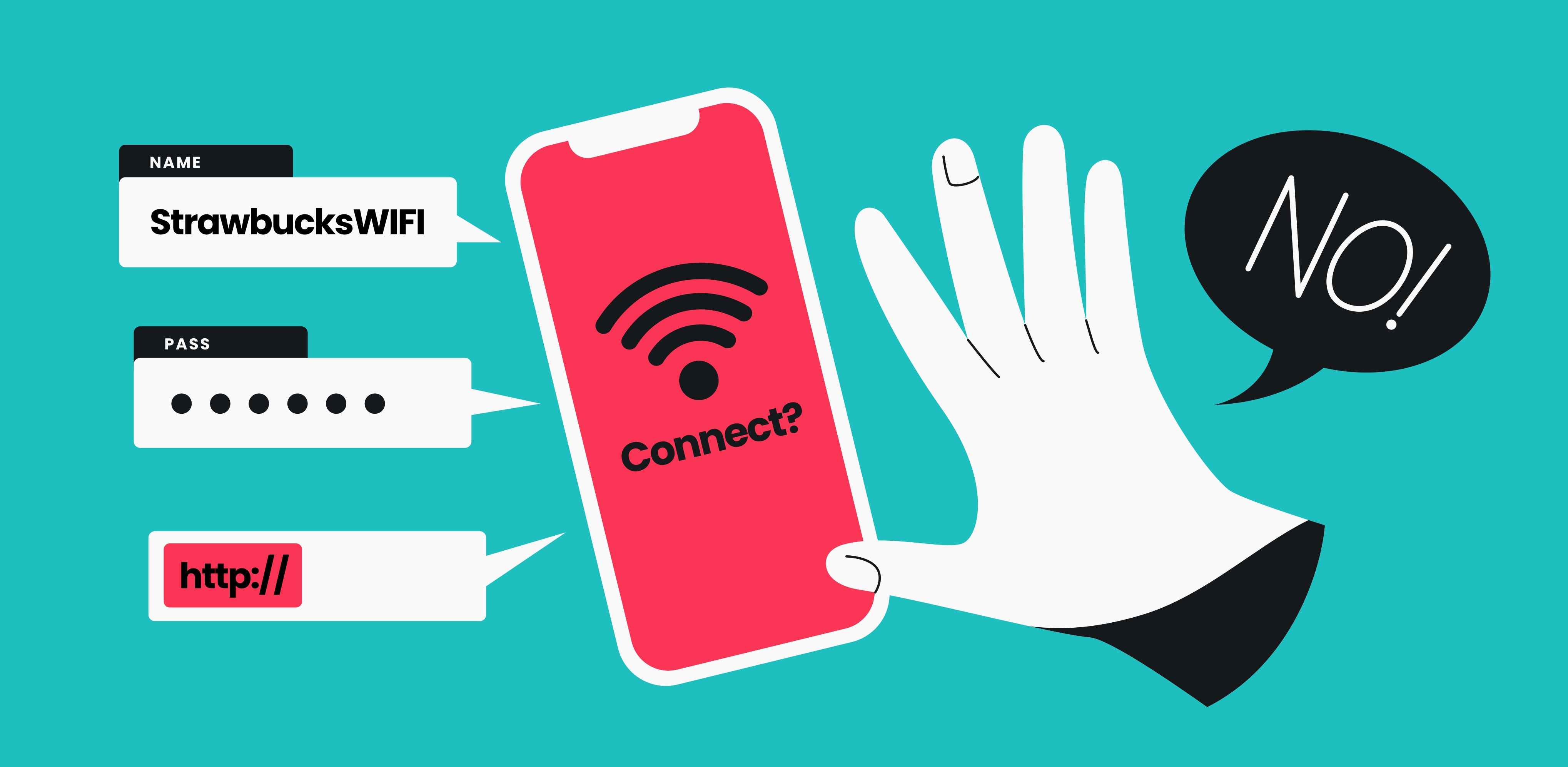Public Wi-Fi: How to Identify Secure Networks in Public Spaces

With the ease with which it provides internet connection at coffee shops, airports, hotels, and other public locations, public Wi-Fi has become an indispensable aspect of our everyday life. Users should be aware of the serious security concerns associated with utilizing public Wi-Fi networks, even if they offer a convenient option to access the internet while on the road.
Protection vs. Convenience
Because they let users browse the internet without using up their cell data, public Wi-Fi networks are popular. But security frequently suffers as a result of this ease. Since most public Wi-Fi networks lack encryption, data sent over them is not safe. This increases the likelihood that hackers may intercept your data, which might result in identity theft, financial loss, or illegal access to your online accounts.
Typical Dangers on Public Wi-Fi
Man-in-the-middle (MitM) attacks are among the most frequent risks on public Wi-Fi networks. A hacker can eavesdrop on your internet activities or even change the data being transferred when they intercept the transmission between your device and the Wi-Fi network, which is known as a MitM attack. Sensitive data theft, like the theft of credit card details or login passwords, may result from this.
Malicious hotspots are another common concern. Cybercriminals have put up these fictitious Wi-Fi networks in an attempt to fool people into connecting. Once connected, the attacker has the ability to take control of your device, steal data, and infect it with software. It might be challenging to tell the difference between a malicious and reputable Wi-Fi network, particularly in busy areas where several networks may share identities.
Another major risk is unencrypted connections. Since many public Wi-Fi networks don’t employ encryption, your sent and received data isn’t secure. Attackers will find it easier to intercept your data packets and get your personal data as a result.
Keeping Oneself Safe When Using Public WiFi
It’s important to exercise caution when using public Wi-Fi in order to reduce the hazards involved. Secure your connection by using a Virtual Private Network (VPN), which is one of the best methods available. All of your internet traffic is encrypted via a VPN, which makes it far more difficult for hackers to intercept your data.
Additionally, it’s critical to refrain from using public Wi-Fi to access sensitive data. Avoid using an unsecured network to access important accounts such as bank accounts, credit card accounts, or other accounts.
To prevent unwanted access, turn off file sharing and turn off your devices’ automatic network connections. Attackers frequently take advantage of these settings to take over your device or access your contents without your awareness.
Finally, remember to update your devices’ software. Security upgrades and patches often address flaws that hackers can use to gain access to public Wi-Fi networks.
In summary
Although public Wi-Fi is convenient, it’s important to understand and reduce the hazards involved. You may keep your security intact while still taking use of public Wi-Fi by following a few easy steps. Always put your online safety first, whether you’re using the internet at the airport or checking your email in a coffee shop.
- Industry
- Art
- Causes
- Crafts
- Dance
- Drinks
- Film
- Fitness
- Food
- Игры
- Gardening
- Health
- Главная
- Literature
- Music
- Networking
- Другое
- Party
- Religion
- Shopping
- Sports
- Theater
- Wellness
- News


